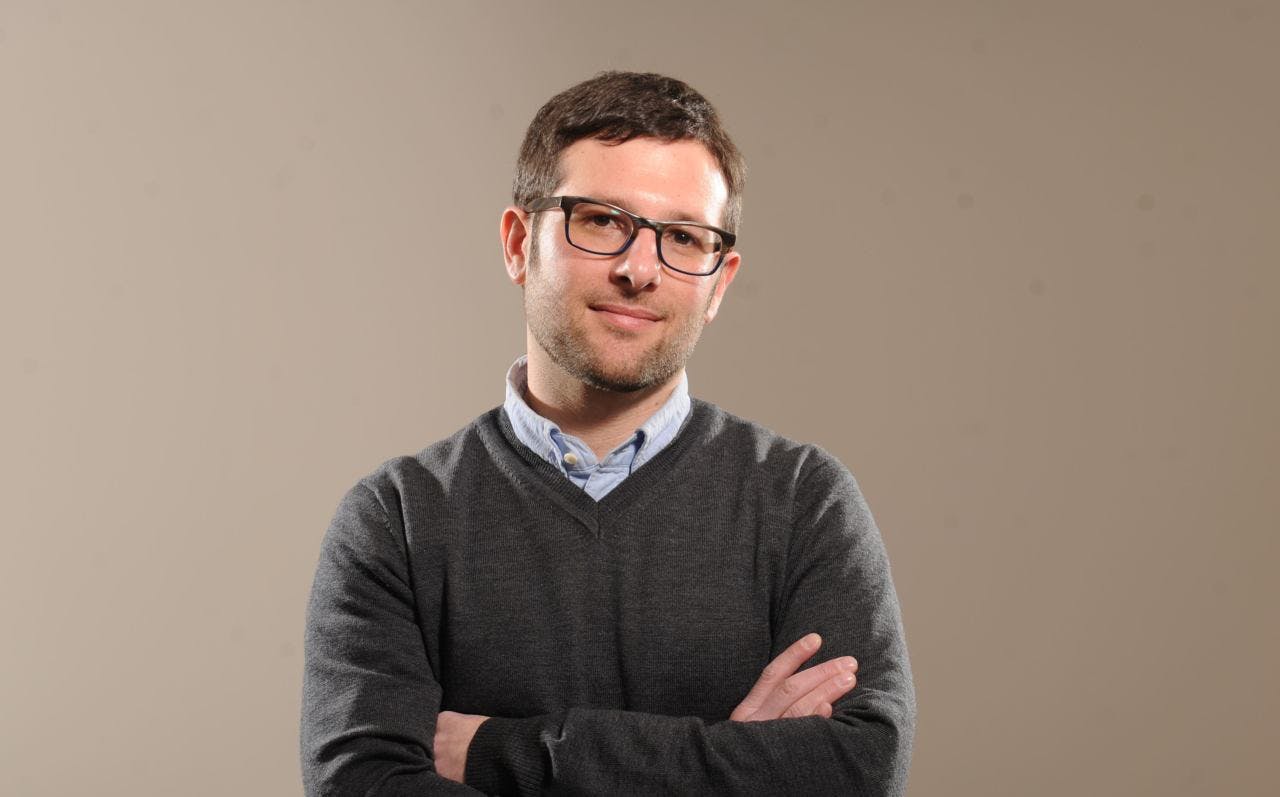
A Conversation with Adam Brown, The New School for Social Research Associate Professor of Psychology, on Managing Pandemic Stress and Anxiety
The COVID-19 pandemic led to a major upheaval in the way we live. While quarantines, social distancing, and remote work are necessary steps to help combat the spread of the virus, these changes can make us feel isolated, lonely, stressed, and anxious. The uncertainty of this situation has been challenging for everyone, but finding healthy ways to cope with our new circumstances can help ease stress and anxiety. Adam Brown, Vice Provost for Research and Associate Professor of Psychology, shares some strategies to help all of us get through these trying times.
Why might people be experiencing heightened stress and anxiety?
There are a number of factors associated with upheavals and adversity in life that are more likely to contribute to heightened levels of stress and anxiety. Stressful events that are protracted, in which people feel a great deal of uncertainty and in which people are unable to engage in routines and engage in social support are typically harder to adapt to than other kinds of difficult events. In many ways, the pandemic meets all of those criteria for what makes difficult events especially challenging.
What are some strategies we can use to cope with the stress and anxiety many of us are experiencing?
In general, activities that provide intellectual engagement, social connections (even remotely), and physical activity tend to be helpful for reducing stress. Keeping a schedule, getting outside in safe ways, cardiovascular exercise and a good diet are all part of well-being. Additionally, engaging activities that increase positive emotion (like listening to a favorite album), reflecting in ways that you have overcome previous challenges, and breathing exercises such as mindfulness or progressive muscle relaxation. I would also recommend journaling (turning emotions into words can be very helpful) and making sure to stay connected to people who you feel supported by.
What can we do to help others – family and friends – cope?
I would recommend a few things. Gratitude letters. Letting people know how they have enriched your life and thanking them for it. Thinking about practical ways you can help others, as we refer to as instrumental support. Letting close friends or family know they can reach out to you should they need to. Spending some time together (even on Zoom) doing activities, like trivia, games, dance parties, or looking at old photos together.
What should people do if they’re having problems coping/are experiencing a crisis?
If people are experiencing a crisis or suddenly change in their mental health, they should reach out for professional support. Many people will experience mental health issues at some point in their lives and sometimes one needs additional care to manage difficult times. We need to push back against stigma and other barriers to accessing mental healthcare. There are also many kinds of therapists so hopefully one can find a mental health professional who best fits their needs.